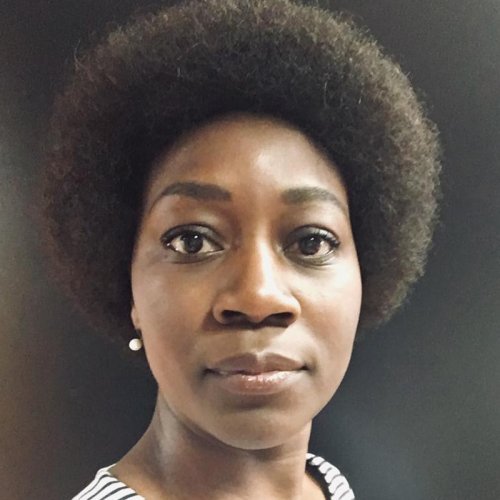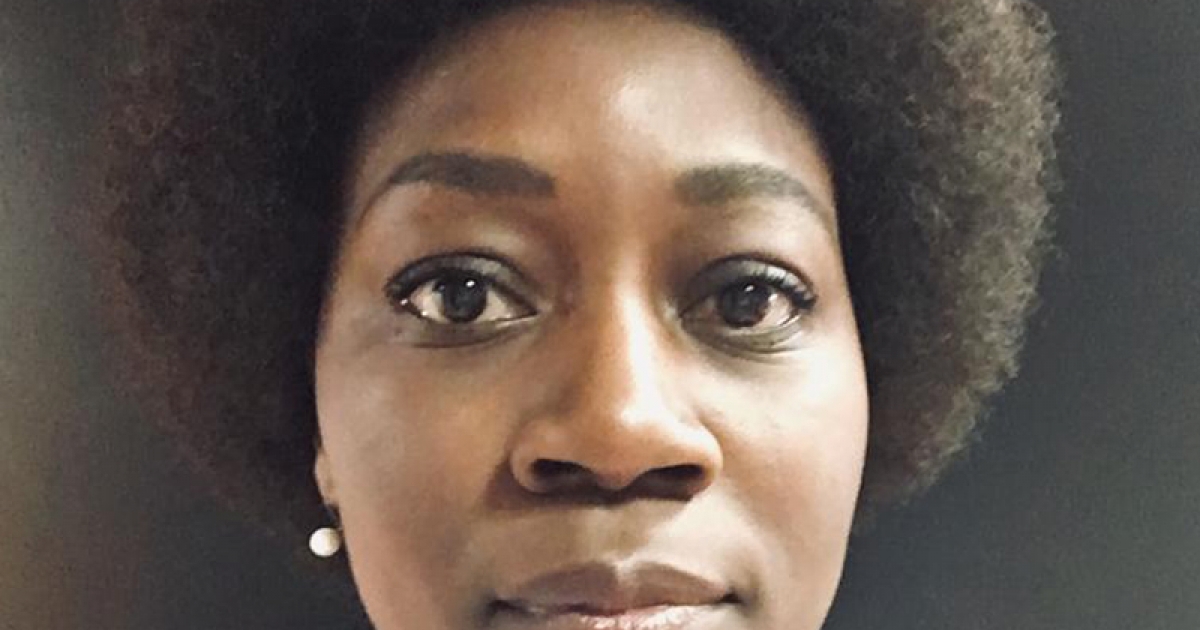“Diversity Is a Catalyst for Dialogue and Fosters Joint Solutions”
Jane is a Ugandan based in Rome, Italy. She has over 10 years working experience in budget and financial management in the non-profit sector. Working for international organisations has equipped her with the ability to support multiple projects across several countries with diverse requirements. The focus of her work has mainly been in systems innovation, budget development and control, business support and analysis and creating efficiencies in funds management and utilization. She believes in pursuing knowledge for professional and personal growth to positively impact society. She embraces uniqueness and authenticity as drivers for innovation and enhancing productivity.
Q: Tell us a few things about your country, and also your life's story!
A: Uganda is the most ethnically diverse country on earth with over forty indigenous tribes living together. Growing up in this context meant most of my friends were from different tribes yet we were very much the same. I came to appreciate the beauty of diversity while still acknowledging the challenges of finding middle ground amidst diverse ideas. Uganda is also the Pearl of Africa and has breathtaking sights throughout the country.
Q: What is your view of the world as it is today? And how do you define the concept of a better world?
A: My world view is that of a recovering idealist. The naivety of viewing the world through absolutes such as good or bad, and the arrogance of youth which makes one assume they can single-highhandedly transform the world is slowly wearing off. Over the recent past, I have been immersed in various contexts of diversity very dissimilar from the kind of diversity I was used to which threw me off balance a bit. I am working at finding my equilibrium by relearning how to adapt to current day realities and unlearning some concepts which have been a foundation for my world view. A better world for me is one where diversity is a catalyst for dialogue and fosters joint solutions.
Q: What are some of the key challenges in your society?
A: Some of the challenges of my society are poor accountability for the use of public resources. This leads to poor service delivery at all levels, especially for key sectors such as education, health care and agriculture and causes us to lag behind. It also means most people do not get the opportunity to live to their full potential and make a contribution to society. The other challenge which is a result of poor accountability is keeping up with the opportunities and challenges of changing world. Being recipients of aid compromises our ability to discuss as equal partners at the global level.
Q: As a young individual what are a few of the hurdles that you had to overcome up until today?
A: The biggest challenge I have faced to date is trying to define what my contribution to society is or will be. Trying to step out of the box and find my niche in a fast-paced world that at the same time becomes rather routine requires one to make a conscious effort not to constantly go with the flow. The rhythm of society from constant connectivity while attempting to keep up with the pace of life consumes the mind and often at the end of the there's not much time left for creative thinking.
Q: Why is the role of a mentor important for you?
A: A mentor for me provides me with an opportunity to learn from the experiences of someone who has been there before and also is about accountability. A mentor also challenges me to expand my knowledge by looking beyond what I know.
Q: Do you have a lesson that life has taught you and you would like to share?
A: To have absolute knowledge is a fallacy. We view life through the biased lens of our own experiences which blinds us to the multidimensional nature of almost everything we encounter. Our perceptions and understanding of the people and things are just the tip of the iceberg.
Q: Name a project, a foundation or a person in your country that you think is doing great work in helping improve other people's lives!
A: Dr. Joseph Kalanzi. He has dedicated himself to saving lives by building the emergency medicine sector in Uganda and sits on the advisory board for Global Emergency Care in Uganda. (https://www.globalemergencycare.org/people.html). He is also very passionate about sharing knowledge and mentoring medical professionals.
Q: What are some of the challenges that women in your country face and what efforts are made towards gender equality?
A: Most women become mothers really young and consequently are faced with the burden of fending for their families often single-highhandedly. The economic challenges and resulting negative impacts of this often becomes a vicious cycle that their children cannot escape.
Q: Athena40 is the first ever global selection of the top 40 women forward thinkers, commentators, activists, authors, academics, entrepreneurs, executives, innovators. Can you think of a truly innovative and forward-thinking woman from your country that you wish to nominate for the Athena40 global list?
A: Winnie Byanyima - https://en.wikipedia.org/wiki/Winnie_Byanyima
Q: Share with us a phrase, a poem or a story that you love or you find interesting!
A: “Freedom” by William Stafford
Q: Tell us one thing that you have learned from your mentor.
A: The ability for women to create, lead and innovate on their terms.



